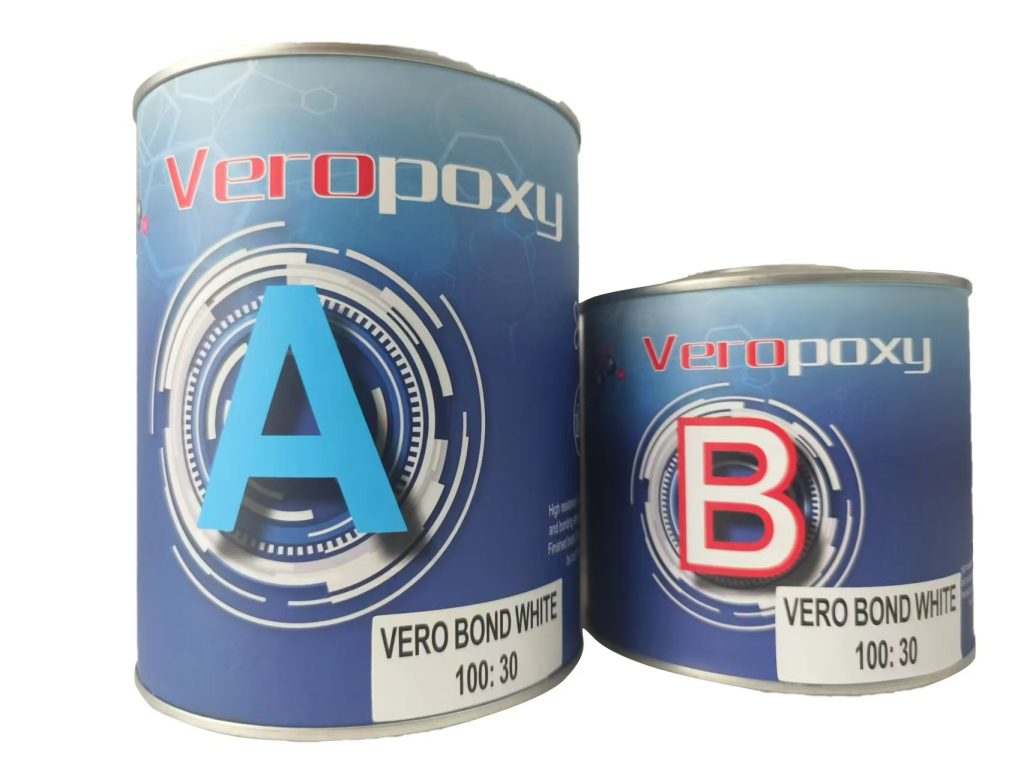Imagine a marble floor with the same shimmering beauty as when it was first installed, even after years of exposure to spills, splashes, and moisture. Marble is a popular choice for many homeowners and designers because of its natural elegance and luxurious appearance; yet, it also requires more maintenance, particularly with relation to water resistance. Here is where epoxy resin shows up, offering to guard marble surfaces against stains and moisture. Can epoxy, then, truly provide waterproofing without sacrificing the inherent beauty of marble? Let’s explore the strengths, constraints, and fascinating opportunities epoxy resin could present for marble flooring.

Epoxy resin
Understanding Epoxy Resin and Its Waterproofing Capabilities
Powerful polymer with great bonding strength, chemical resistance, and durability is epoxy resin. Widely used in many different sectors, it’s a preferred choice for countertops and concrete flooring and other uses needing hard-wearing, waterproof surfaces. Applied to marble, epoxy resin fills tiny pores and forms a barrier against water and moisture absorption, so acting as a sealing agent. This protective layer not only resists liquid but also stops typical problems including staining, discolouration, and surface wear resulting from moisture exposure to marble.
Benefits of Using Epoxy Resin on Marble Floors
Waterproofing and Durability
Celebrated for great resistance to water and moisture is epoxy resin. Laying it over marble will help to efficiently stop water from seeping into the stone, so maintaining both look and integrity. Marble is prone to absorbing liquids that would cause staining or etching over time, thus this protective quality is especially helpful in high-moisture areas like bathrooms and kitchens.
Enhanced Stain Resistance
Naturally porous, marble can readily absorb dyes, acids, and oils. Epoxy resin provides a glossy, impermeable surface that resists most liquids and facilitates spill cleanup considerably more easily. This stain-resistance can be quite helpful for homes with pets or children since it will keep marble flooring looking perfect for many years to come.
Improved Aesthetic Appeal
Epoxy comes in matte, high-gloss, even decorative colours or metallics. Homeowners are free to select an epoxy finish that either accentuates the natural brilliance of the marble or brings a distinctive look. This flexible method of coating ensures that the resin not only improves the general visual appeal of the floor but also protects it.
Longevity and Reduced Maintenance
Marble floors might need less regular sealing or maintenance depending on an epoxy layer. Unlike conventional wax or sealant, epoxy offers a longer-lasting solution that can withstand heavy foot traffic, so lowering the need for regular reapplication and saving time and money over long run.
Potential Drawbacks and Considerations
Application Challenges
Epoxy resin application to marble is a difficult task needing accuracy. To guarantee appropriate resin adhesion, the surface needs to be absolutely clean, dry, and primed. Professional installation is also advised since any existing flaws in the marble can also influence the adhesion and effectiveness of the epoxy.
Alteration of Marble’s Natural Feel
Epoxy resin might change the natural feel of marble, which would bother some purists. Although the resin can improve shine, it can also add synthetic gloss that would take away from the natural look of the stone. Furthermore, epoxy’s somewhat more plasticky and smoother texture might not be to everyone’s tactile taste.
Potential for Discoloration Over Time
Some epoxy resins have been shown over time to yellow, especially in sunlight. In well lit rooms, this can be a problem since the original white or light tone of marble may acquire an unwelcome amber colour. Selecting a premium, UV-resistant epoxy can help to reduce this risk; nevertheless, homeowners should give this factor great thought while choosing epoxy.
The Science Behind Epoxy’s Waterproofing
The cross-linked molecular structure of Epoxy forms an impermeable, hard layer upon curing, so providing waterproofing potential. Epoxy bonds with the microscopic pores of the marble to produce a tight seal unlike conventional coatings that sit on top. The floor is essentially waterproof and resistant to environmental humidity since this seal prevents water molecules from passing through. Epoxy is a common choice for waterproofing and gives surfaces that would otherwise be prone to water damage longevity because of its scientific basis.
Ideal Scenarios for Using Epoxy Resin on Marble
Marble with epoxy-coating performs remarkably in high-traffic and highly humid conditions. An epoxy layer will help bathrooms, kitchens, even outdoor patios since these spaces often suffer spills, humidity, and temperature fluctuations. Particularly when high-gloss or decorative finishes are chosen to match the room’s aesthetic, epoxy can provide that additional degree of protection without compromising style.

Epoxy Resin
Epoxy resin indeed offers exciting possibilities for enhancing marble flooring with added waterproofing, durability, and aesthetic versatility. Although epoxy may not be the best option for everyone because of possible changes in texture and appearance, in settings where water exposure is a concern it can greatly prolong the life of marble floors. Understanding the advantages and drawbacks helps homeowners decide whether epoxy is the best way to protect their prized marble surfaces.
Post time: 11 月-11-2024

